I'm quite familiar with Django, but recently noticed there exists a on_delete=models.CASCADE and on_delete=models.PROTECT options with the models,
on_delete=models.CASCADEandon_delete=models.PROTECTboth are doing same things.Or both are same (I used the only
on_delete=models.CASCADE, when I remove the parent entry it will remove all related entries )I have searched for the documentation for the same but couldn't find anything more than:
Django 2.0
A many-to-one relationship. Requires two positional arguments: the class to which the model is related and the on_delete option. To create a recursive relationship – an object that has a many-to-one relationship with itself – use models.ForeignKey('self', on_delete=models.CASCADE).
